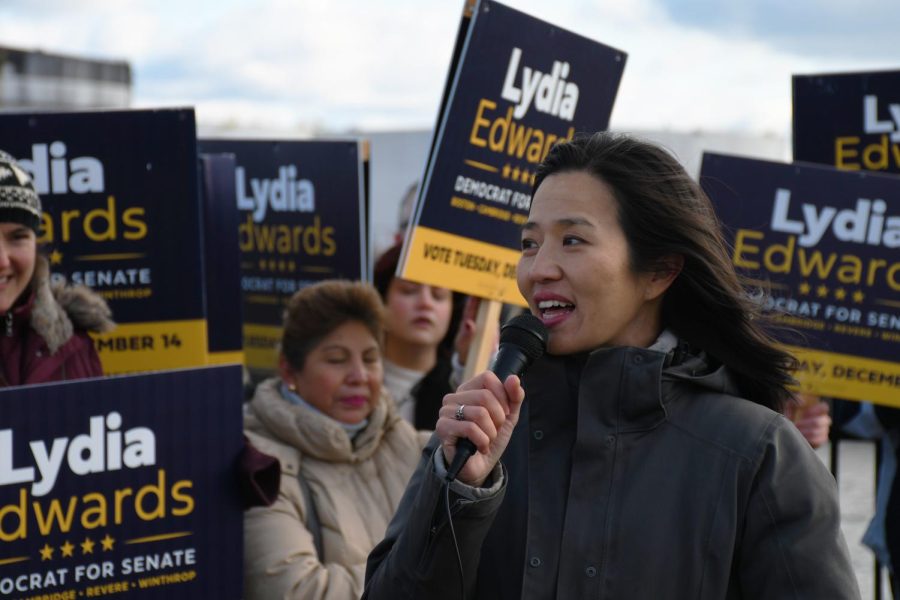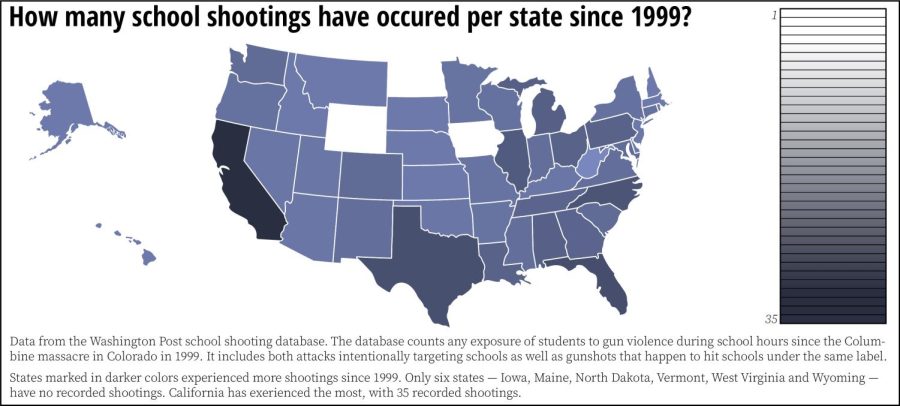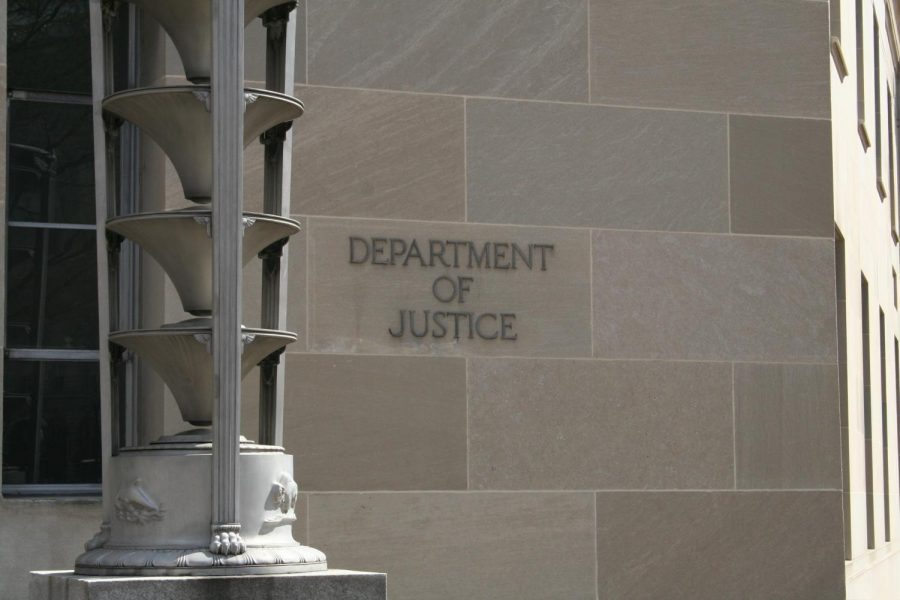By Kenny Sokan, editorial columnist
When it comes to being a teenager, adults are always trying to tell you what to do. What you can, what you can’t. What’s wrong, what’s right. How you should or shouldn’t feel. How you should or should not act. Essentially, until you’re 18, your parents control your life, making the important decisions for you. But what about life or death?
In the case of 17-year-old Connecticut resident Cassandra Callender, adults are making one of the most important decisions of her life for her.
Callender was diagnosed in September with Hodgkin’s lymphoma, one of the most easily treatable forms of cancer. According to CNN, medical experts have said that Callender has an 85 percent survival rate with chemotherapy (chemo). Without it, they believe that she will likely die within 2 years.
In November, Calender agreed to undergo chemo, but shortly after starting, ran away from home.
When Calender was returned, she was refusing treatment. According to CNN, court documents stated Cassandra believes that chemotherapy would be toxic and damaging to her body.
Callender’s fear of chemo is warranted. Though it can save your life, it may also leave you with permanent damage to your body. Consider the fact that medical professionals administering the drug take precautions to avoid contact with it, wearing gloves, goggles and gowns when preparing to administer it, according to cancer.org. The drug is prepared in “areas with special ventilation systems to avoid spattering and/or inhaling the droplets that can form while mixing.” This is because contact with the drug can cause abnormal changes is one’s DNA, can be harmful to a fetus or embryo and cause skin irritation or damage.
According to livestrong.com and Mayo Clinic, for patients, permanent damages may be, but are not limited to, infertility, heart problems, nerve damage, damage to the lungs and kidneys, sensory loss, audio-visual impairment and even other forms of cancer.
Callender’s mother, Jackie Fortin, fully supports her daughter’s decision to refuse chemo and pursue alternative treatment. Being complicit in efforts to interfere with and avoid her daughter’s scheduled treatments and tests, the Department of Children and Families (DCF) removed Callender from her mother’s custody. She has since been forced to undergo treatment at the Connecticut Children’s Medical Center (CCMC) in Hartford.
Callender and her mother retained legal counsel to fight her court-ordered treatment, claiming that the “mature minor doctrine” should apply to her. This is a common law policy that acknowledges that an unemancipated minor may have the maturity to choose or reject a form of health care treatment, in some cases with or without the knowledge or agreement of parents, and should be allowed to do so. According to a 2013 article by the American Academy of pediatrics, there are 17 states that acknowledge this common law and Connecticut is not one of them.
The more conventional route would be to undergo the treatment, but it’s Callender’s life. It’s Callender’s body. She alone will deal with the effects of this drug in both the short and long term – not her mother and not the courts. Callender is only eight months shy of 18. Will she be any more mature to make this life-depending decision then?
At 17 you can drive most vehicles and even get a pilot and boating license. You can be interviewed by the police without an adult present and be charged as an adult for certain crimes. You can donate blood, buy contraception and have an abortion without parental consent. The law picks and chooses when you are or are not mature enough by what system of judgment? I am not saying I agree with Callender’s decision, but shouldn’t she have the right to make it?















